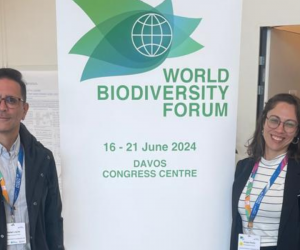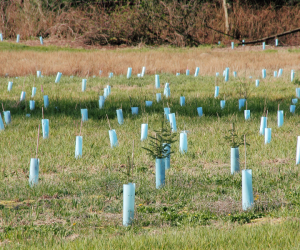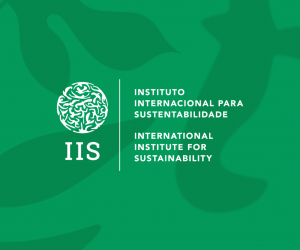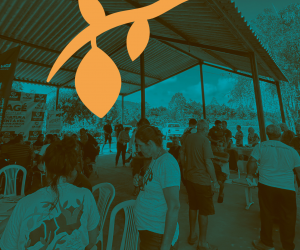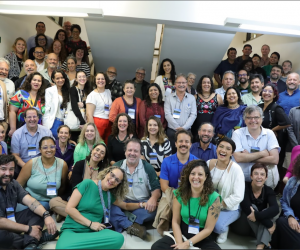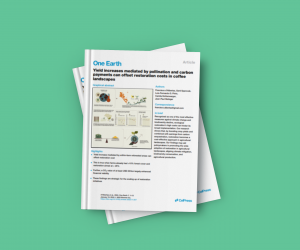News > News
04.12.17
One more published article from the IIS team and partners: Best practice for the use of scenarios for restoration planning
Scenarios are important tools to facilitate the communication among scientists, practitioners, and decision-makers, and, thus to support policy and management decisions. The use of scenarios has an enormous potential to reduce ecosystem restoration costs and to optimize benefits, but this potential remains poorly explored. Here, we recommend and illustrate six best practices to guide the use of scenarios for planning native ecosystem restoration. We argue, first, for a participatory process to consider aspirations of multiple stakeholders along the whole scenario building process, from planning to implementation and review phases. Second, targeted restoration outcomes should be defined by key-actors (those who have direct interests in restoration) and directly involved stakeholders, within a clear socio-environmental context and under a well-defined problem statement, considering a broad range of nature and human benefits that can be derived from ecosystem restoration. Third, methodological choices, such as scenariotypes, spatial andtemporal scales,drivers,restorationrelatedvariables, andindicators, shouldbedefinedaccording to the multiple desired outcomes. Fourth, we encourage the consideration of the interactions among variables, within a spatially explicit, and temporally dynamic multi-criteria approach. Fifth, analysis and dissemination of scenario results should highlight the trade-offs and synergies among different restoration outcomes, identifying the scenarios that maximize benefits and minimize costs and resistance (i.e. the costeffective and most feasible scenario) for multiple targets. Finally, promoting capacity building, through a wider consultation process including interaction with a broader group of stakeholders, is critical for the successful implementation and review of restoration interventions. Scenarios that support ecosystem restoration should follow an adaptive and iterative process, aiming to continuously improve restoration interventions and outcomes.
For additional informations: Renato Crouzeilles – r.crouzeilles@iis-rio.org
For additional informations: Renato Crouzeilles – r.crouzeilles@iis-rio.org

